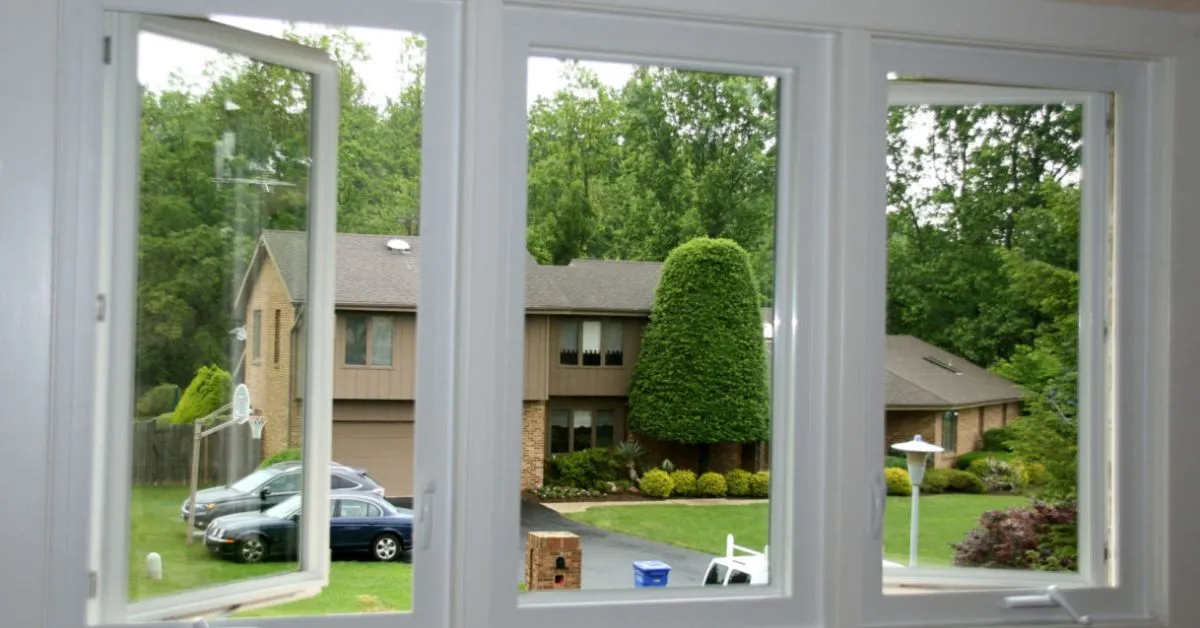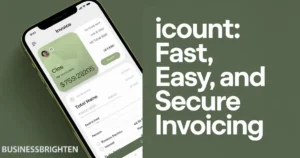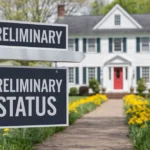When you rent a property, it’s important to know your rights and responsibilities. One common question is whether you should open the windows. Opening windows can improve air quality and make the space feel fresh.
Tenants often wonder if they are allowed to open windows whenever they want. Most rental agreements do allow this, but it’s good to double-check. Keeping windows open can help prevent mold and keep the home comfortable.
Always be mindful of safety and security. Make sure to close windows when you’re not home to avoid any potential issues. Understanding these simple rules can help you enjoy your rented property to the fullest.
Right to a Safe and Habitable Environment
Habitability means that a property is safe and suitable to live in. This includes having a strong structure, being clean, and having the necessary amenities. Everyone has the right to live in a safe and comfortable home. Landlords must provide a clean, secure, and well-maintained property. They need to fix any issues that might harm the health or safety of tenants.
As a tenant, you should report any problems to your landlord promptly. If they don’t fix them, you can take further steps to ensure your living conditions meet legal standards. It’s important to know your rights and speak up for a healthy living environment.
Landlord’s responsibilities regarding safety
Landlords must keep their properties safe for tenants. Keeping the property free from pests is also crucial. They have several important responsibilities:
- Fix any broken locks and doors.
- Ensure smoke detectors work properly.
- Repair any structural damage.
- Provide adequate lighting in common areas.
- Maintain safe electrical and plumbing systems.
- Keep the property free from pests.
By fulfilling these duties, landlords help create a secure living environment.
Importance of proper ventilation
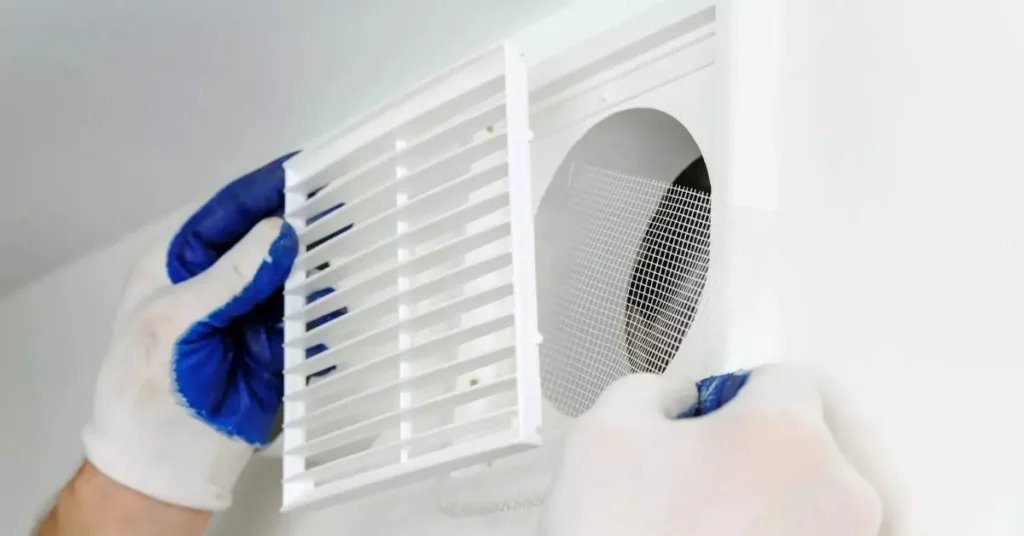
Proper ventilation is crucial for a healthy living environment. It helps remove stale air, reduces moisture, and prevents mold growth. Good airflow can also improve air quality and reduce the risk of respiratory problems.
- Removes stale air
- Reduces moisture and prevents mold
- Improves air quality
- Reduces risk of respiratory problems
- Enhances overall comfort in the home
Proper ventilation is essential for maintaining a healthy and comfortable home.
Right to Freedom from Discrimination
Everyone has the right to live without discrimination. This means no one should face unfair treatment based on their race, gender, religion, or other personal traits. Landlords must treat all tenants equally and fairly.
Tenants should feel safe and respected in their homes. If you face discrimination, report it immediately. It’s important to know your rights and stand up against unfair treatment.
At the local and state level, landlords can also be prohibited from discriminating against potential renters based on:
- Citizenship
- Age
- Gender identity or expression
- Source of income
- Criminal history
- Veteran or military status
- Genetic information
- Sexual orientation
Importance
The right to freedom from discrimination is vital for a fair and just society. It ensures everyone is treated equally and with respect, regardless of their personal traits. This right helps create a safe and inclusive environment for all.
- Ensures equal treatment
- Promotes respect and dignity
- Creates a safe environment
- Encourages inclusivity
- Supports a fair society
Understanding and upholding this right is crucial for maintaining harmony and justice.
Related Article: CAN AN APARTMENT REJECT YOU FOR MISDEMEANORS? UNDERSTANDING YOUR RIGHTS AND OPTIONS
Right to Advance Notice of Eviction
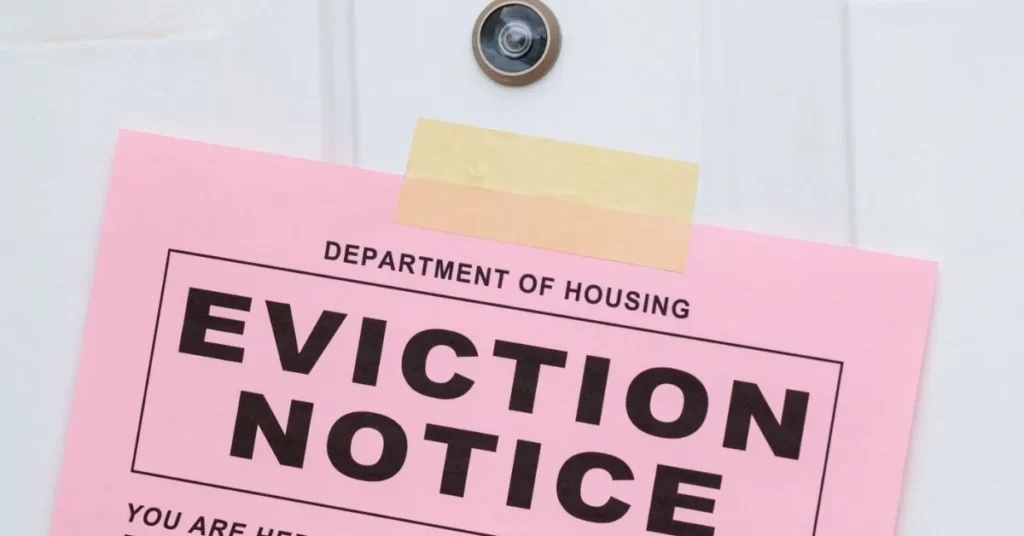
Tenants have the right to receive advance notice before being evicted from their homes. This notice gives them time to prepare and find alternative housing arrangements. It’s important for landlords to provide this notice in accordance with local laws to ensure fairness and allow tenants to respond appropriately.
There are two broad types of eviction notices:
For cause
The right to advance notice of eviction is crucial for tenants facing the risk of losing their homes. It allows tenants to understand the reasons behind the eviction and to address any issues that may be fixable. This notice period also provides tenants with time to make alternative housing arrangements and prepare for the transition.
For landlords, providing advance notice of eviction ensures a transparent process and gives tenants a fair chance to respond. It helps maintain a positive landlord-tenant relationship by allowing for open communication and potentially resolving any problems before resorting to eviction. Overall, this right helps uphold fairness and protect both landlords’ and tenants’ interests in the eviction process.
Without cause
Tenants have the right to receive advance notice before they can be evicted from their homes, even without cause. This notice gives them time to prepare and find alternative housing arrangements. It’s important for landlords to provide this notice in accordance with local laws to ensure fairness and allow tenants to respond appropriately.
Landlords must provide this notice according to local laws to ensure fairness and give tenants a chance to respond. Understanding this right helps tenants plan for the future and avoid sudden evictions.
If you receive an eviction notice, you have several options:
- Move out by the date stated on the notice.
- Discuss with the landlord to negotiate more time or alternative solutions.
- Prepare to leave the property within the specified timeframe.
- Take no action and be prepared for a potential lawsuit.
Right to Privacy and Control over the Property
Tenants have the right to privacy and control over their rented property. This means landlords cannot enter the property without permission or proper notice, except in emergencies. Tenants have the right to enjoy their home without interference, ensuring a sense of security and comfort.
Limits on landlord entry without notice
Tenants have the right to privacy and control over their rented property, which includes limits on when landlords can enter without notice. Respecting these limits helps maintain trust and a positive relationship between landlords and tenants. It ensures that tenants can enjoy their home with peace of mind and security.
Here are key points to remember:
Emergencies: Landlords can enter without notice in emergency situations, like a fire or water leak.
24-Hour Notice: Generally, landlords must give at least 24 hours’ notice before entering for repairs or inspections.
Reasonable Hours: Landlords must enter at reasonable times, usually between 9 AM and 6 PM.
Tenant Permission: Landlords should get permission before entering for non-emergency reasons.
Tenant’s control over the property’s use

Tenants have control over how they use the rented property. They can decorate, furnish, and live in the space as they see fit, as long as they follow the terms of the lease agreement.
This control extends to minor alterations, such as painting walls or hanging pictures, without needing the landlord’s permission. However, major changes or renovations typically require landlord approval.
Ensuring privacy with regard to windows
Tenants can ensure their privacy by using curtains or blinds on windows. This allows them to control who can see into their home and when. It’s important to keep windows covered, especially at night or when changing clothes.
Landlords should respect tenants’ privacy by not entering the property without permission, even if windows are uncovered. Tenants have the right to feel secure and have their personal space respected.
Related Article: SAVE YOUR HOUSE FROM DEMOLITION IN 2024: A STEP-BY-STEP GUIDE
Right to a Disability Accommodation
Tenants have the right to request disability accommodations to ensure they can live comfortably in their rented homes. Landlords must make reasonable accommodations, such as installing ramps or allowing service animals, to meet these needs.
If a tenant needs an accommodation due to a disability, they should request it from their landlord in writing. The landlord must respond promptly and work with the tenant to find a solution that meets both parties’ needs.
Understanding and respecting these rights helps ensure that tenants with disabilities can enjoy their homes without barriers. It promotes inclusivity and equal access to housing for all individuals.
Frequently Asked Questions
Who is responsible for broken windows?
Landlords are typically responsible for repairing broken windows unless the damage was caused by the tenant’s negligence.
Are all windows openable?
Not all windows are necessarily designed to open. Some windows, like fixed windows or decorative windows, are not meant to be opened.
Do windows need to be opened?
Windows do not necessarily need to be opened, but proper ventilation is important for air quality and comfort in a living space.
Should windows be opened in rented properties?
Yes, windows should be opened for ventilation and air circulation to maintain a healthy living environment.
Who is responsible for opening windows in rented properties?
Tenants are generally responsible for opening windows to ventilate their living spaces, unless otherwise specified in the lease agreement.
Can landlords restrict opening windows in rented properties?
Landlords can restrict or specify the use of windows in lease agreements, but tenants typically have the right to open windows for ventilation purposes.
Final Thoughts
Tenants have the right to open windows in rented properties to ensure proper ventilation and air quality. This is important for maintaining a healthy and comfortable living environment. Landlords should not unreasonably restrict this right, except in cases where there are legitimate safety or security concern
Responsibilities to use windows appropriately. This includes closing windows during inclement weather or when leaving the property to ensure security. Understanding these rights and responsibilities helps maintain a positive relationship between landlords and tenants. It that both parties can enjoy a safe and comfortable living space.

Paul Mitchell, our website’s author, leverages 6 years of business expertise to provide insightful content. His wealth of experience enriches our platform, offering valuable insights for our readers.
